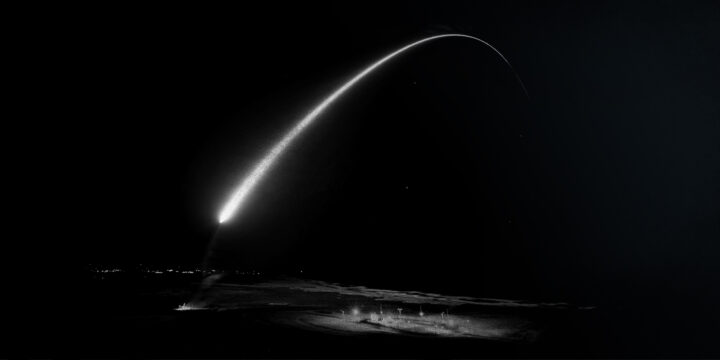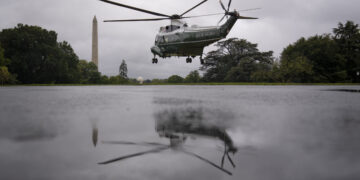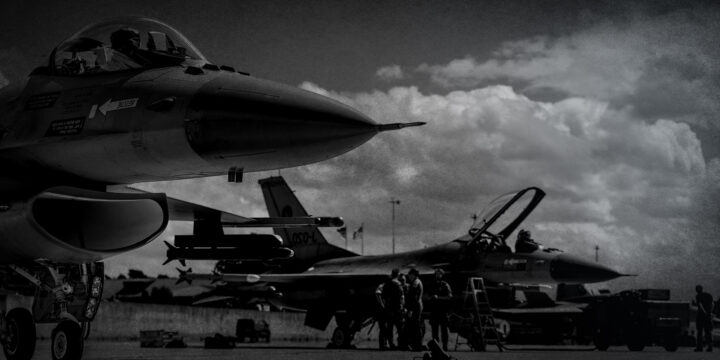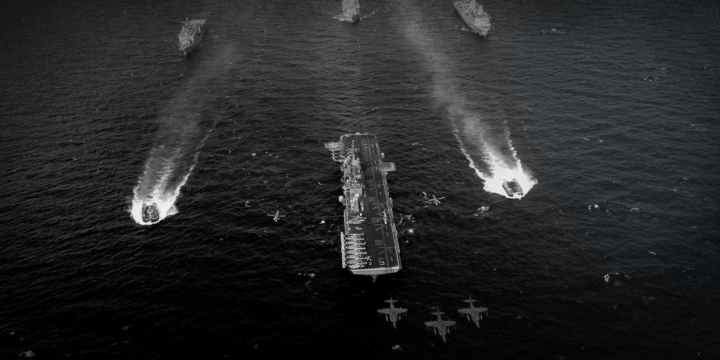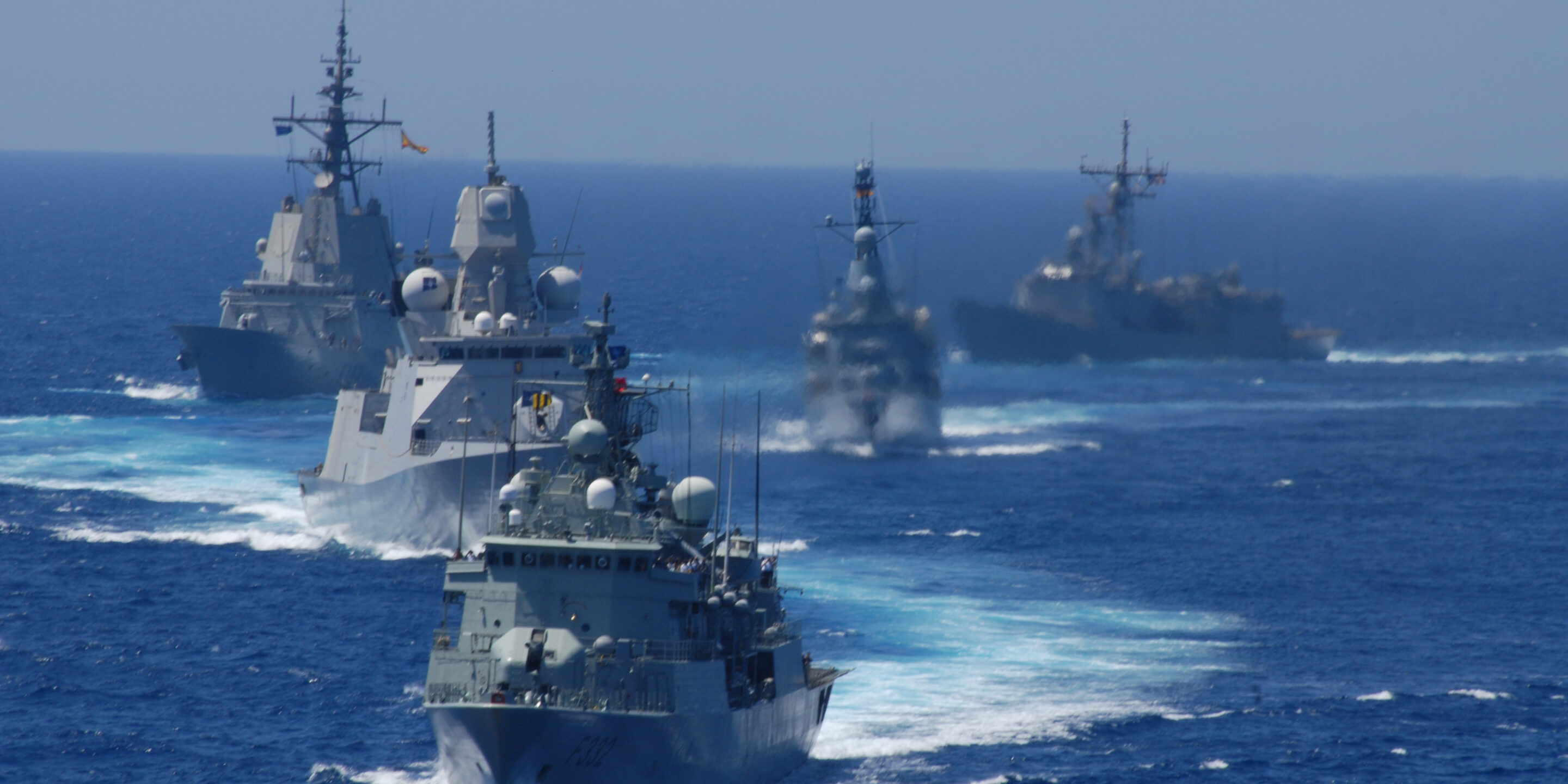
The media’s coverage of the July 11-12 NATO summit in Vilnius, Lithuania largely centered on Ukraine’s NATO membership bid and President Volodymyr Zelensky’s frustration over not being offered a clear-cut timetable for joining the alliance. But behind the headlines, another significant story about the meeting went largely unnoticed: NATO is continuing to gradually move toward the Asia-Pacific region to counter China’s increasing power.
For the second consecutive year, Japan and South Korea, which are not NATO members, were invited to attend the annual summit. Japanese Prime Minister Fumio Kishida walked away with a so-called “partnership program” with NATO, a five-page agreement that aims to strengthen defense cooperation between Japan and the alliance, up to the fielding of joint exercises. The NATO joint communique stated in no uncertain terms that China is a potential threat that needs to be taken seriously.
NATO, it seems, is making a concerted decision to add Asia to its docket at a time when the alliance has its hands full managing Europe’s largest war since 1945. If this is the plan, NATO policymakers should step on the brakes before it goes too far.
NATO’s new Asia-Pacific mission is remarkable for several reasons. When the alliance was formed in 1949 amid the looming post-war threat posed by the Soviet Union, it had a clear-cut purpose: protect Western Europe from the threat of Soviet expansionism. Once the Soviet Union collapsed in December 1991, NATO lost its raison d’être. Expanding to Central and Eastern Europe was no longer an obstacle, and the alliance has nearly doubled in size from its Cold War peak. With its geopolitical adversary dead and buried, NATO increasingly looked outside of Europe, in places like Libya, Afghanistan, and Iraq, to maintain relevance.
More on Europe

By Dan Caldwell
July 6, 2025
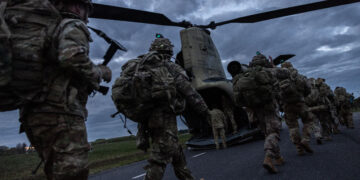
July 2, 2025
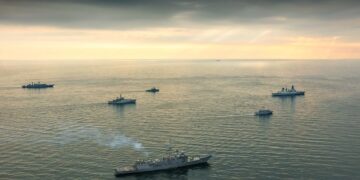
Featuring Jennifer Kavanagh
June 24, 2025
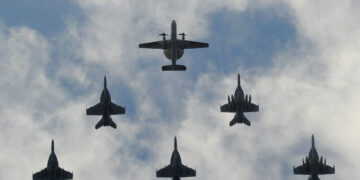
June 16, 2025
Events on NATO
